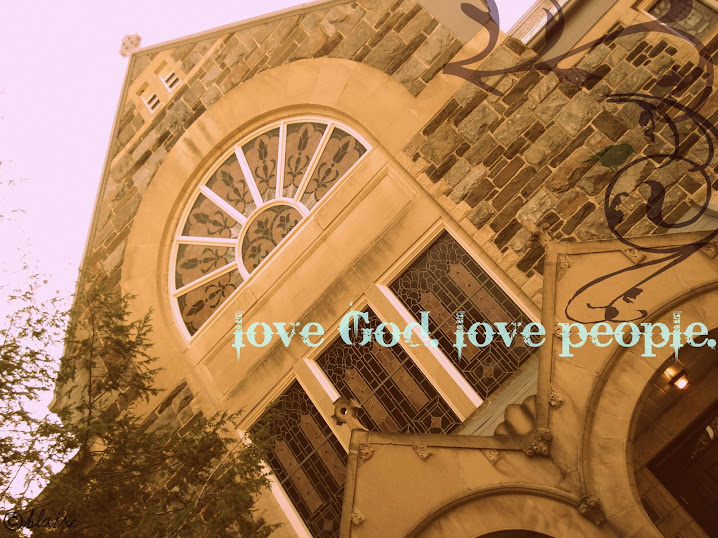I've been house sitting at the Fathers' house next door. It has been a grand experience.
For one, they live in a real house, like with real furniture and real door knobs. I, on the other hand, live in a somewhat disheveled house, with walls that have been painted white at least 6 times and appliances that take about 2 hrs to explain exactly how to get them to work. But, I wouldn't have it any other way. I love my quirky hill home. They also have flowers, and a balcony....which make me love my house just a little bit less. :)
So yes, our neighbors (two priests), happened to ask me to water their plants and look after things while they were out of town for the past two weeks.
Of course, I dived into Merton. They have all of his writings sitting on their bookshelf (!!!). I was introduced to Merton by a dear friend in college, and I have been constantly intrigued by his thoughts on faith and God ever since.
On my 2 week bedside table sat a book of Merton's poetry with brilliant commentary to follow. Below is a sample of one that instantly pierced my soul, surprised me with its relativity and soothed me nightly as I re-read it over and over again...
"Probably the earliest of this group of poems, this poem presents a series of natural “emblems” that are called upon to function as meaningful signs in a season, if not of fury, at least of emptiness and apparent deadness. The barren natural landscape with its hidden vitality serves as an analogue for the inevitable and necessary winter periods of the human heart and spirit, which are summoned to undergo the detachment and purification of naked faith, “the evidence of things not seen” (Heb. 11:1)
Love Winter When the Plant Says Nothing
O little forests, meekly
Touch the snow with low branches!
O covered stones
Hide the house of growth!
Secret
Vegetal words,
Unlettered water,
Daily zero.
Pray undistracted
Curled Tree
Carved in steel
Buried zenith!
Fire, turn inward
To your weak fort,
To a burly infant spot,
A house of nothing.
O peace, bless this mad place:
Silence, love this growth
O silence, golden zero
Unsetting sun
Love winter when the plant says nothing
Fire, turn inward
To your weak fort,
To a burly infant spot,
A house of nothing.
(note on Stanza #4: "Here the paradox of the “weak fort” (from “fortis”—“strong”) combining protection with vulnerability, both contrasts with the “steel” tree of the previous stanza and suggests St. Paul’s statements, “When I am weak, then I am strong” (2 Cor. 12:10). It is identified with a contrasting paradox, in which the “infant spot” is characterized as “burly”, a site of new beginnings, a lif-generating womb, that has unexpected strength and substance. This “fort” and “spot” is finally identified as “A House of Nothing”—apparently the opposite of “the house of growth” hidden in the opening stanza, but properly to be identified with it. Recognition that “the house of growth” must also be “A house of nothing” is the essential insight of the poem, the point at which the lessons of winter are revealed as a paradigm for authentic spiritual development: only by being reduced to nothing, by dying to autonomous, self-generated aspiration, can genuine growth take place. The concluding lines of the poem provide the context in which such a recognition can take place.")
I want to be a house of nothing.
God, give me naked faith, “the evidence of things not seen”.

No comments:
Post a Comment